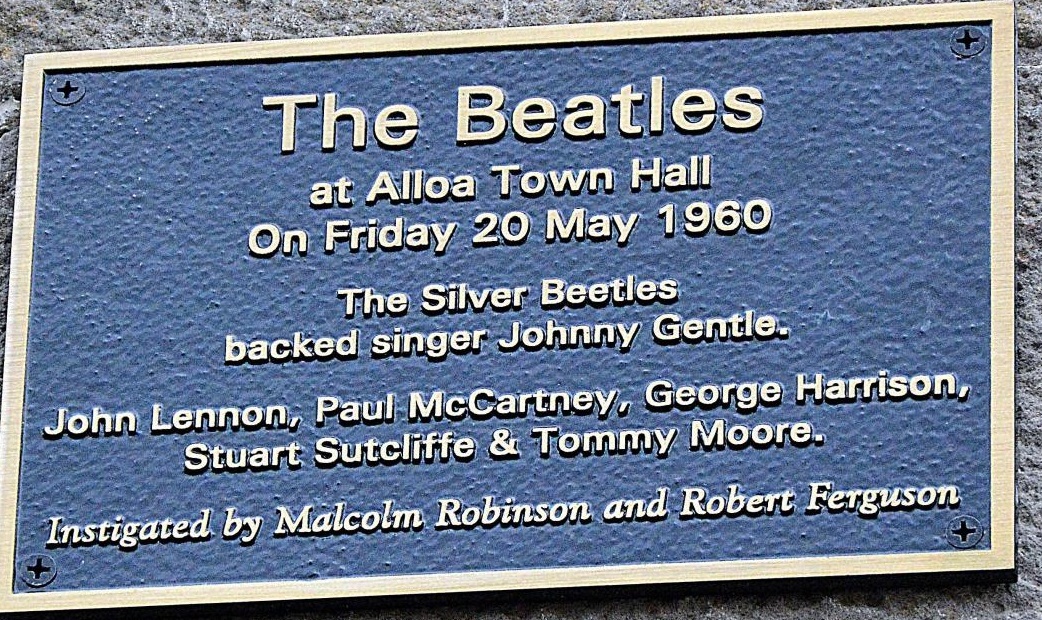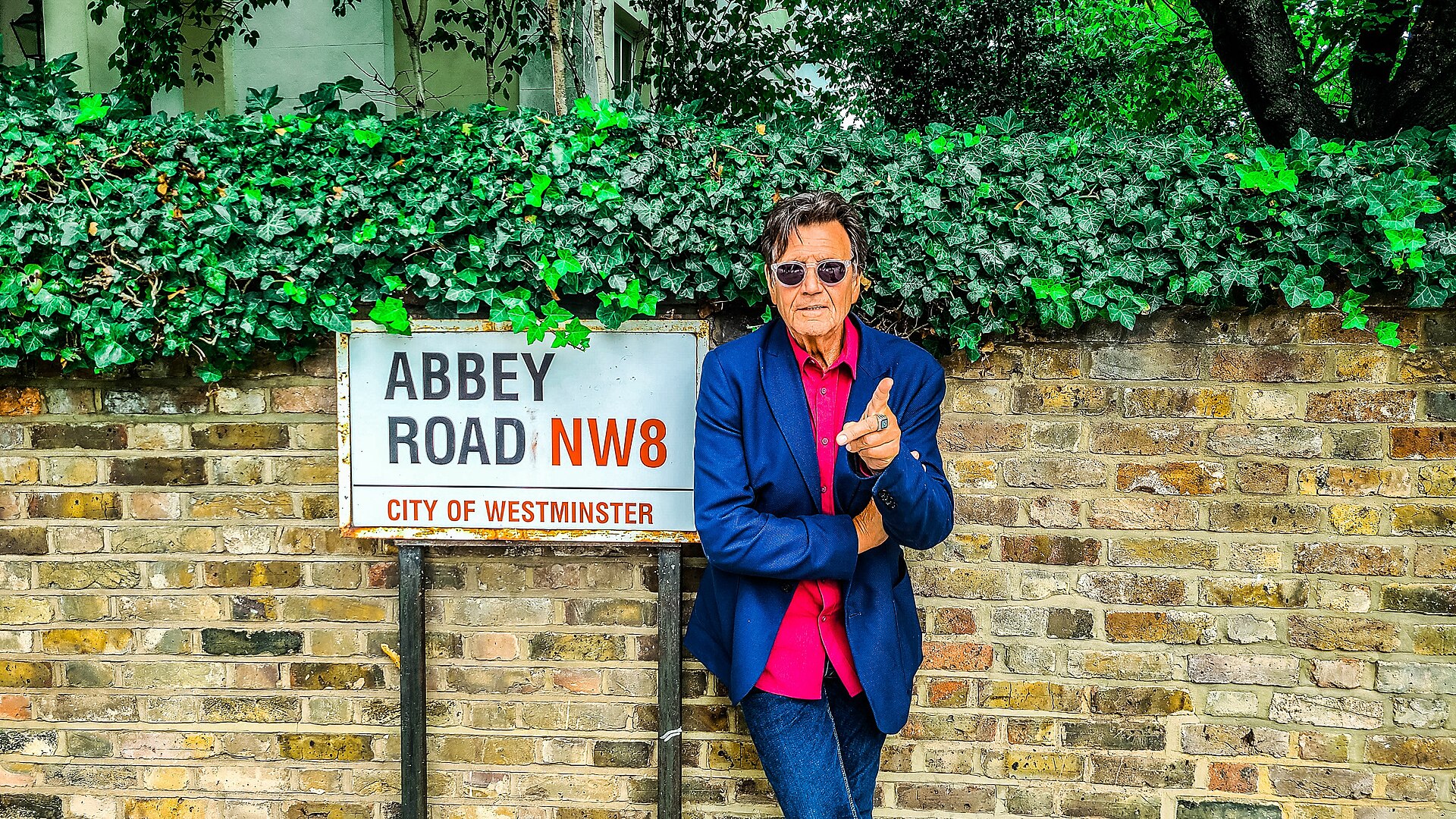Albumet ’Please Please Me’ firar 61 år just idag!
The Beatles första album ’Please Please Me’ fyller 61 år!
Den 22 mars 1963 släpptes The Beatles första album i UK under den kompletta titeln Please Please Me with Love Me Do and 12 other songs på Parlophone. I Sverige släpptes albumet i mono den 19 juli 1963, medan stereoutgåvan av albumet nådde de svenska skivbutikerna först under 1964.
Redan i titeln fick man veta att två av gruppens singelutgåvor ingick på albumet – Please Please Me och Love Me Do. Men det var bara på första albumet. Under de kommande albumen såg man till att inte ha med tidigare utgivna singellåtar, eftersom man ville att fansen skulle få valuta för pengarna de betalade när de köpte gruppens skivor. Annars var det vanliga under hela 60-talet att man la till singellåtar på albumet. Men det blev inte The Beatles melodi.

Stolta beatlar med sitt första album – ’Please Please Me’;
John Lennon, George Harrison, Paul McCartney och Ringo Starr i mars 1963.
The Beatles hade fått skivkontrakt med EMI i maj 1962 och hade fått sig tilldelad producenten George Martin som höll i Parlophone-etiketten. Deras debutsingel Love Me Do/P.S. I Love You släpptes den 5 oktober samma år och nådde plats 17 på den topplista som senare kom att bli den officiella singellistan i UK. Framgången förvånade George Martin så pass mycket att han föreslog att gruppen skulle göra ett helt album – och att det skulle spelas in live!
George Martin hjälpte till med arrangemanget av deras andra singel Please Please Me/Ask Me Why, som släppts den 11 januari 1963 och som kom att toppa den inofficiella topplistan. George hade hört The Beatles på deras stamställe The Cavern och tyckte därför att ett livealbum var på sin plats. Martin kom dock snart underfund med att The Cavern tyvärr var rätt opassande för en liveinspelning. Plan B sattes i verket, d.v.s. att spela in ett album i EMI-studion. Det som de flesta av oss är extra imponerade av är det faktum att albumet spelades in under en och samma dag, bortsett från låtarna som var med från deras första singlar. Förmiddagssessionen startade kl. 10 och kvällspasset avslutades kl. 22.45.
Inspelningen ägde rum den 11 februari 1963 med överdubbningstillägg på låtarna Misery och Baby It’s You verkställt av George Martin nio dagar senare, d.v.s. den 20 februari.
Den allra sista låten de spelade in denna kväll var Twist And Shout. Fram till detta inspelningstillfälle hade John Lennons röst verkligen fått jobba. Och nu var den nära nog slut. Och med tanke på att rösten skulle ta ännu mera stryk under inspelningen av Twist And Shout var man till en början tveksam om John skulle klara provet. Med hjälp av halstabletter och mjölk gjorde man en tagning och John satte allt på ett kort. För säkerhets skulle försökte man sig på att spela in en andra tagning också, men den blev inte bra. Man tog den första och enda kompletta tagningen, varefter grabbarna – och inte minst John – var helt slut. A Hard Day’s Night i verkligheten även innan just den låten blev komponerad.
Och så här låter inspelningen med den senaste mixningen från 2023 – där man verkligen hör hur John Lennon satsar allt i låten:




 Här får John Lennon till höger Billy Furys autograf.
Här får John Lennon till höger Billy Furys autograf. Alloa Town Hall, Skottland.
Alloa Town Hall, Skottland.


